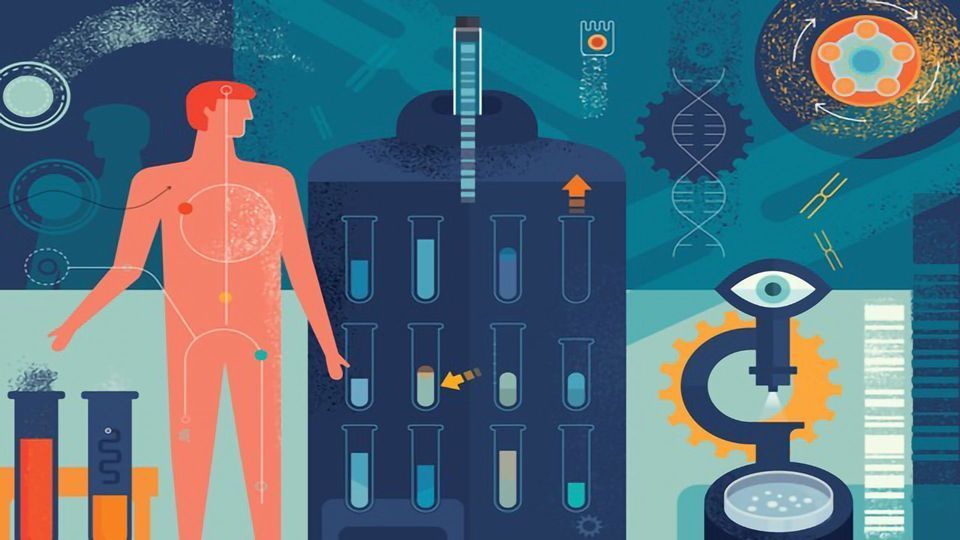Making Strides Towards Gene Therapy for Inherited Neurometabolic Diseases

Complete the form below to unlock access to ALL audio articles.
Researchers are making great strides toward developing gene-based strategies to treat a variety of inherited neurometabolic diseases characterized by severe neurological involvement. A review of the approaches currently under preclinical or clinical investigation is published in Human Gene Therapy, a peer-reviewed journal from Mary Ann Liebert, Inc., publishers. Click here to read the full-text article on the Human Gene Therapy website through November 25, 2019.
In the article entitled "Gene-Based Approaches to Inherited Neurometabolic Diseases," coauthors Valentina Poletti and Alessandra Biffi, Dana-Farber/Boston Children's Can-cer and Blood Disorders Center (Boston, MA), and University of Padova (Italy), describe the characteristics needed for a gene therapy to treat neurometabolic diseases to be successful.
The researchers focus in particular on progress made in the development of gene-based approaches to treat X-linked adrenoleukodystrophy (ALD), metachromatic leu-kodystropy (MLD), mucopolysaccharidoses (MPSs), and neuronal ceroid liposuscinoses (NCLs). They identify microglia as emerging key players in inherited neurodegenerative diseases, and therefore as important targets for achieving therapeutic efficacy in gene-based strategies.
"Drs. Poletti and Biffi document some of the dramatic clinical benefits that gene therapy has brought to infants and children with neurometabolic disorders," says Editor-in-Chief Terence R. Flotte, MD, Celia and Isaac Haidak Professor of Medical Education and Dean, Provost, and Executive Deputy Chancellor, University of Massachusetts Medical School, Worcester, MA. "The breakthrough was the insight to use genetic alteration of bone marrow stem cells to cure diseases within the brain, using microglia as the vehicle. This platform has brought hope to many families with previously incurable diseases."
Reference: Valentina Poletti and Alessandra Biffi. 2019. Gene-Based Approaches to Inherited Neurometabolic Diseases. Human Gene Therapy. https://doi.org/10.1089/hum.2019.190.
This article has been republished from the following materials. Note: material may have been edited for length and content. For further information, please contact the cited source.

